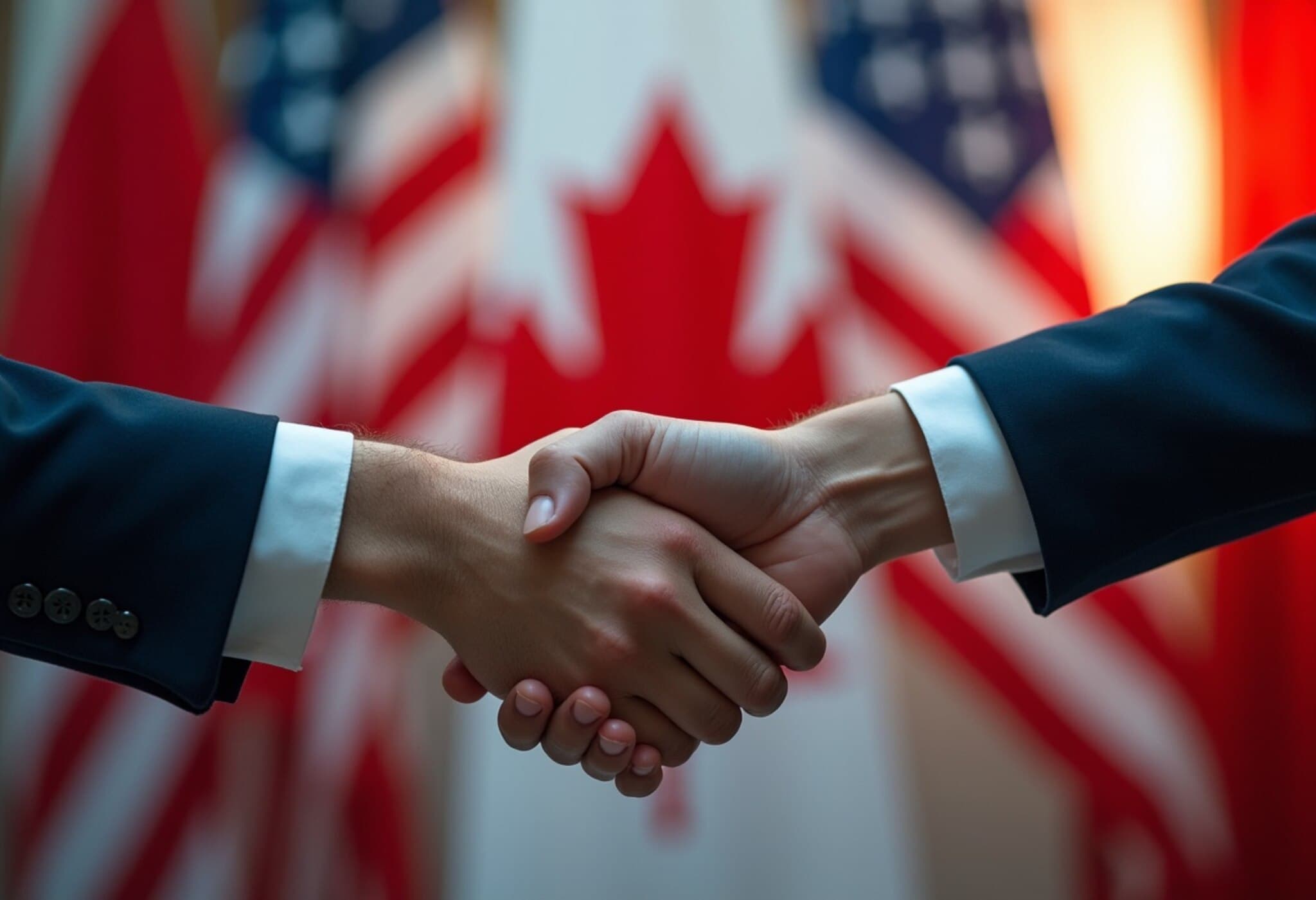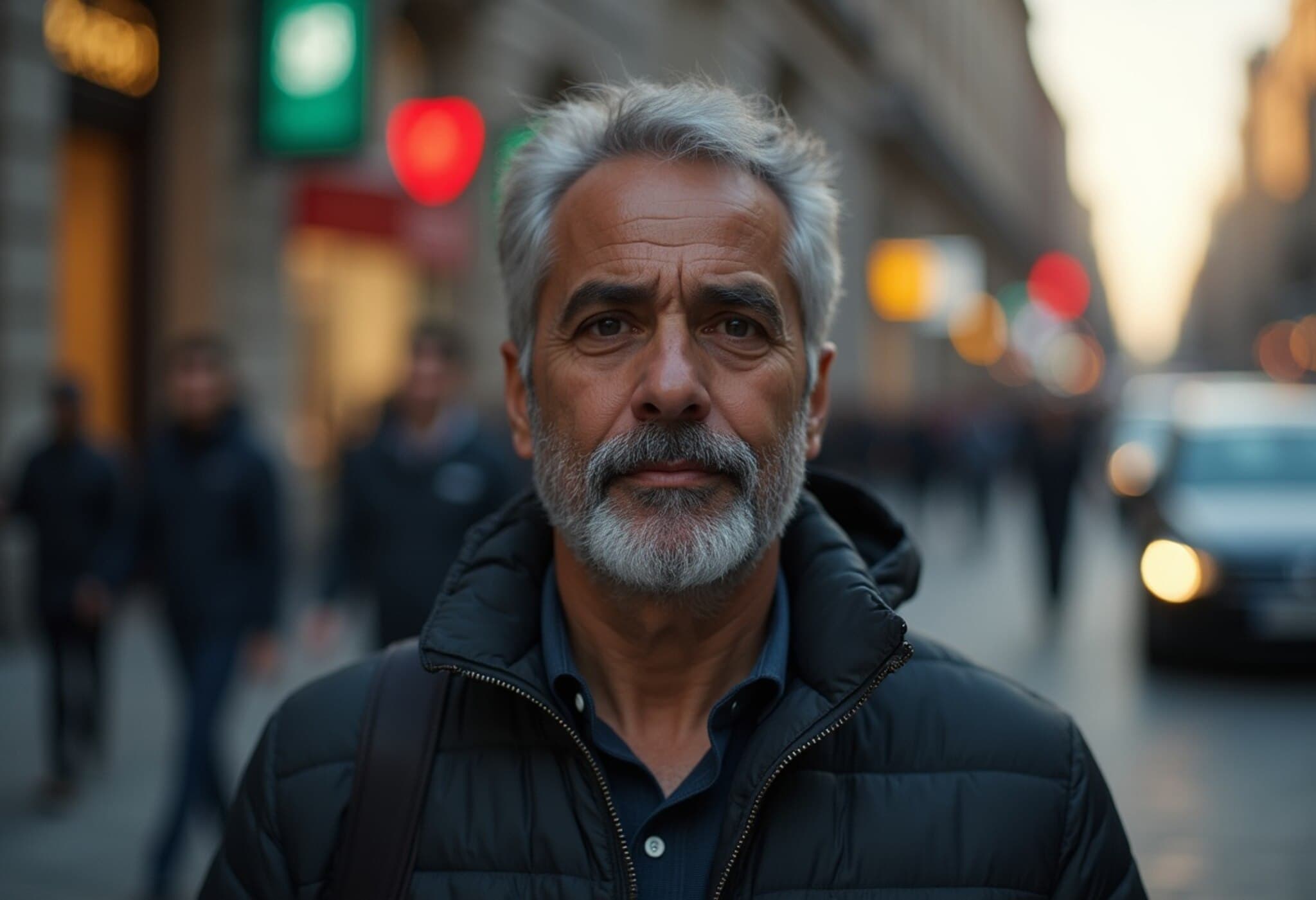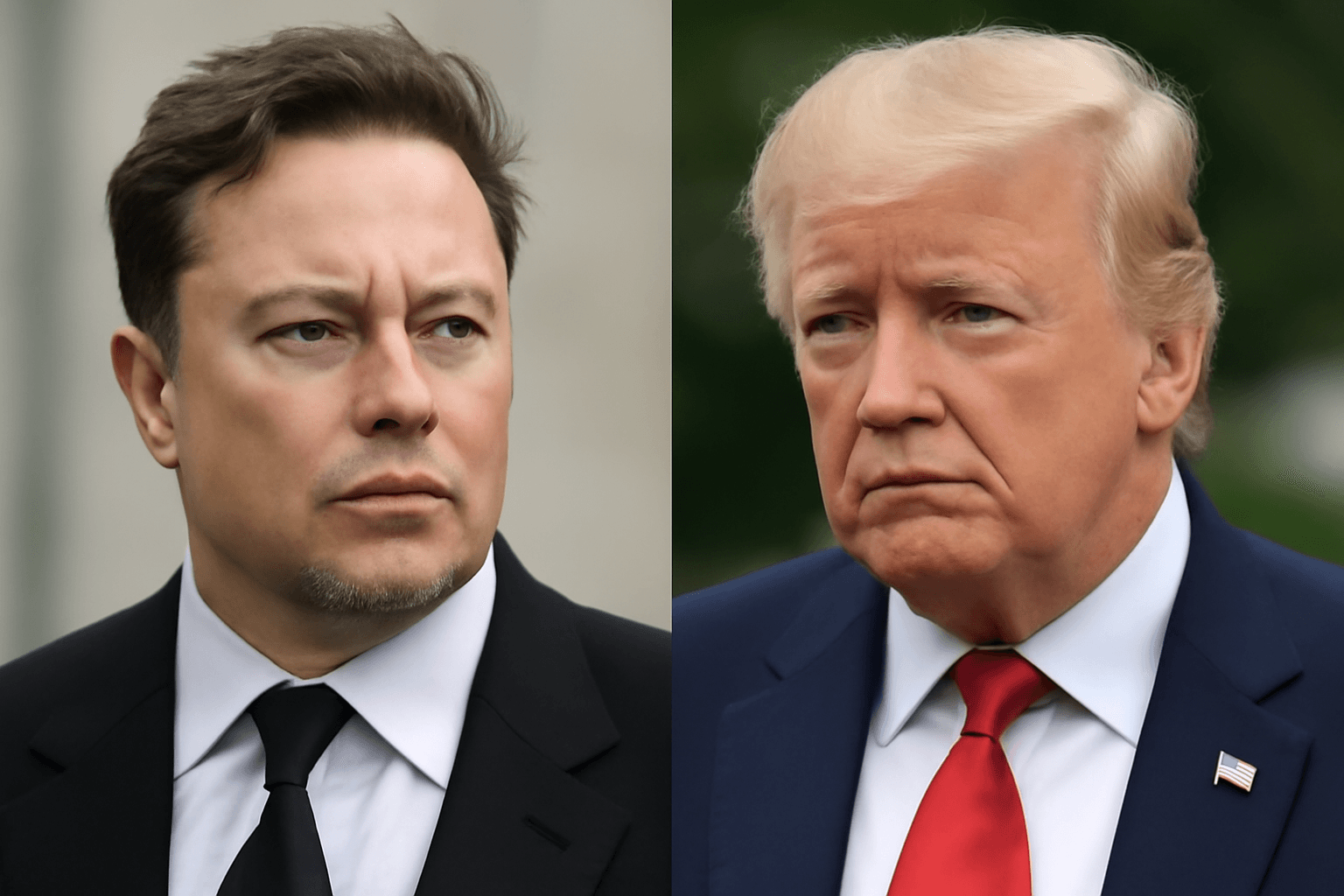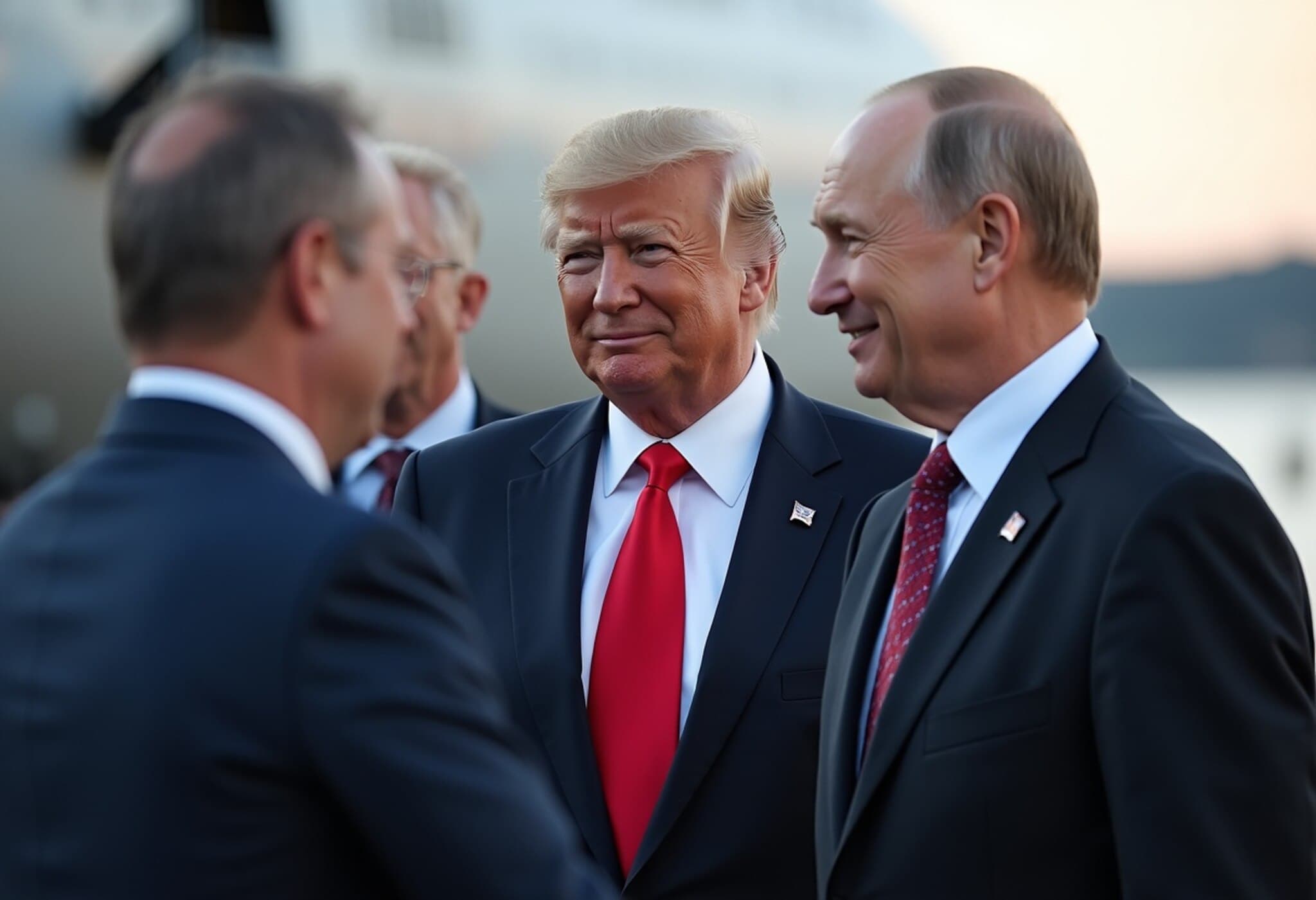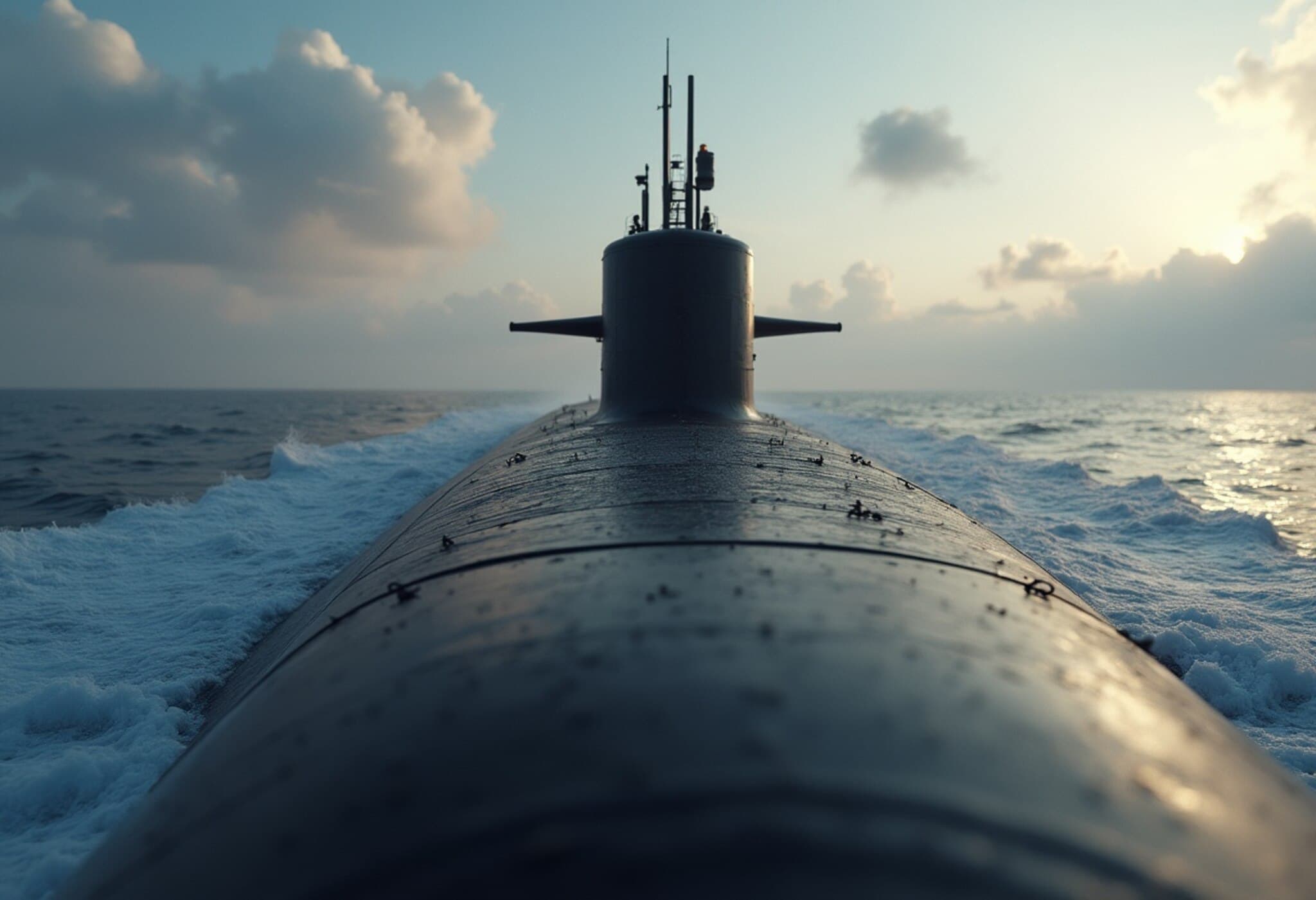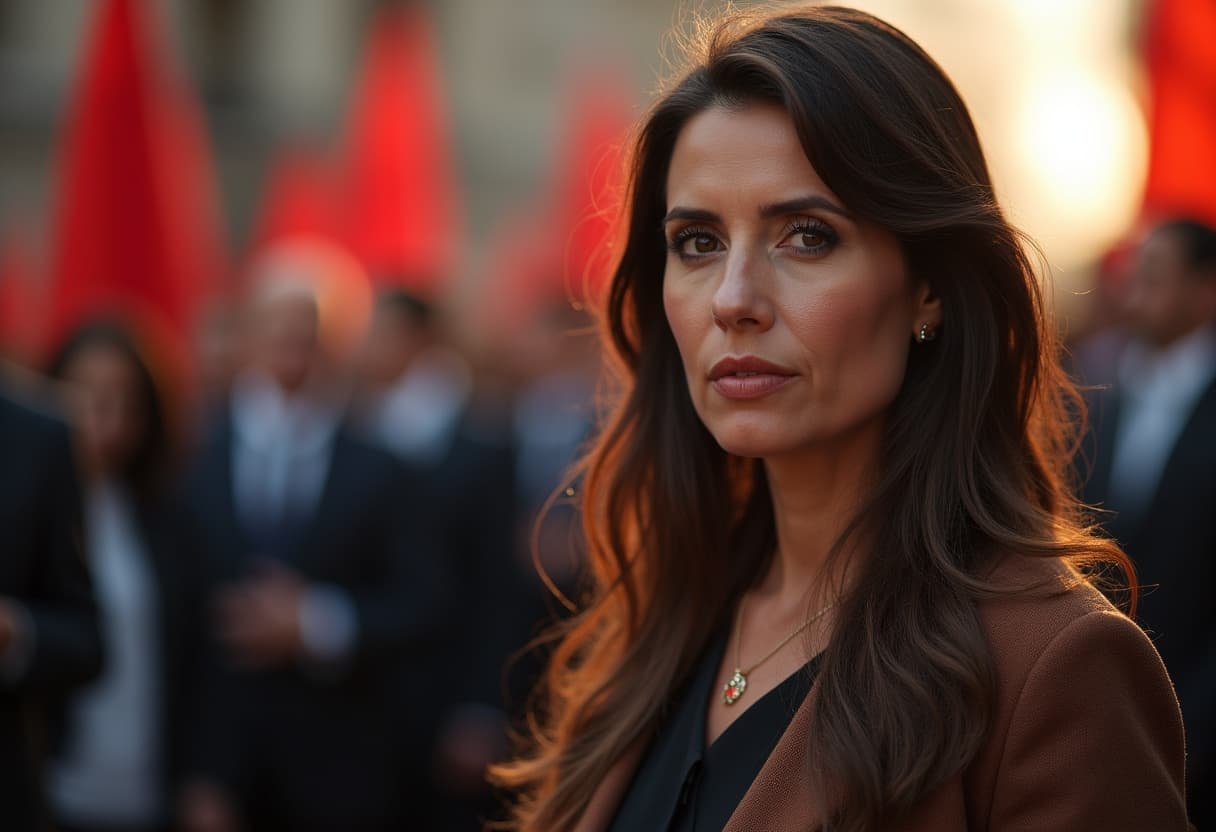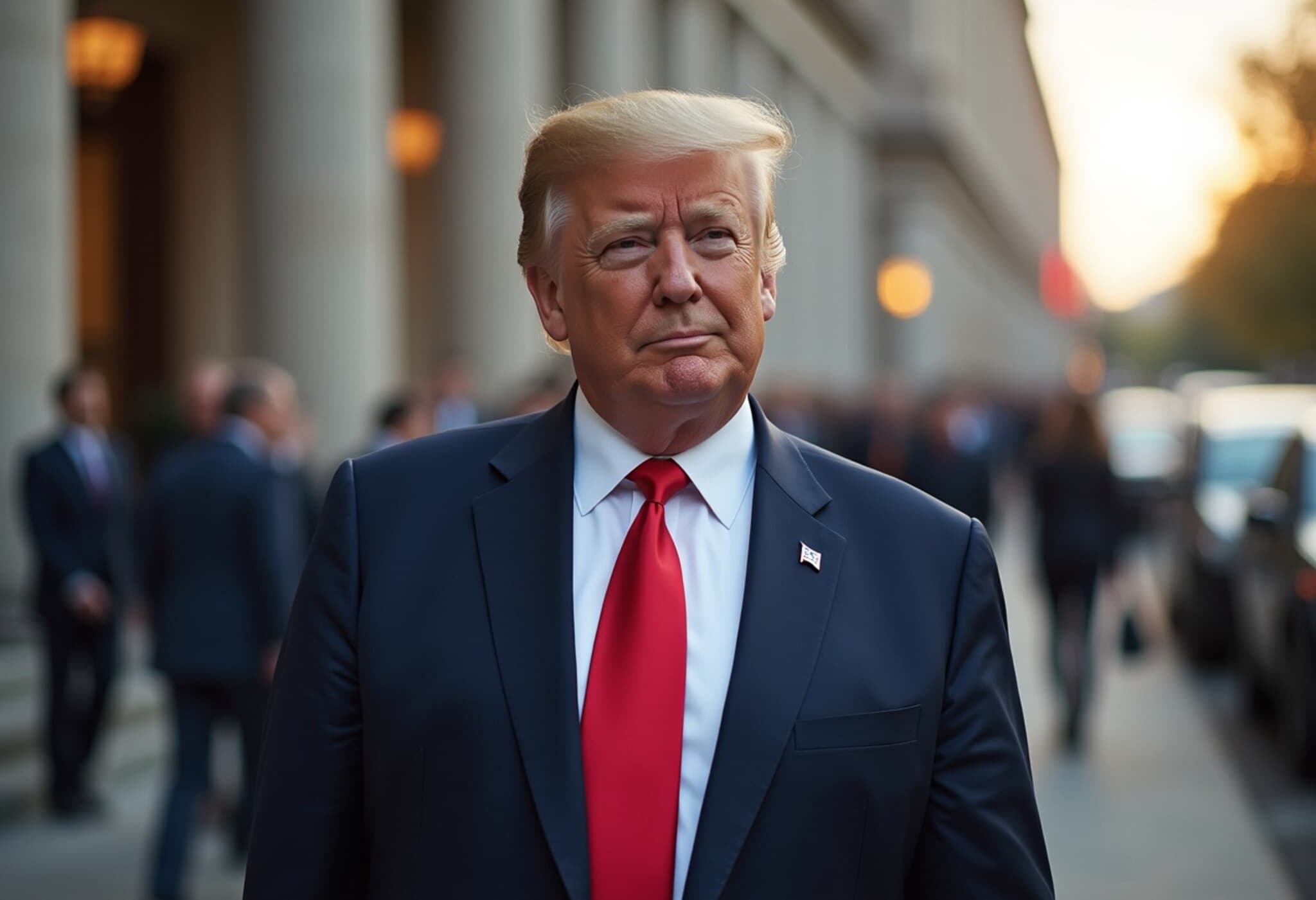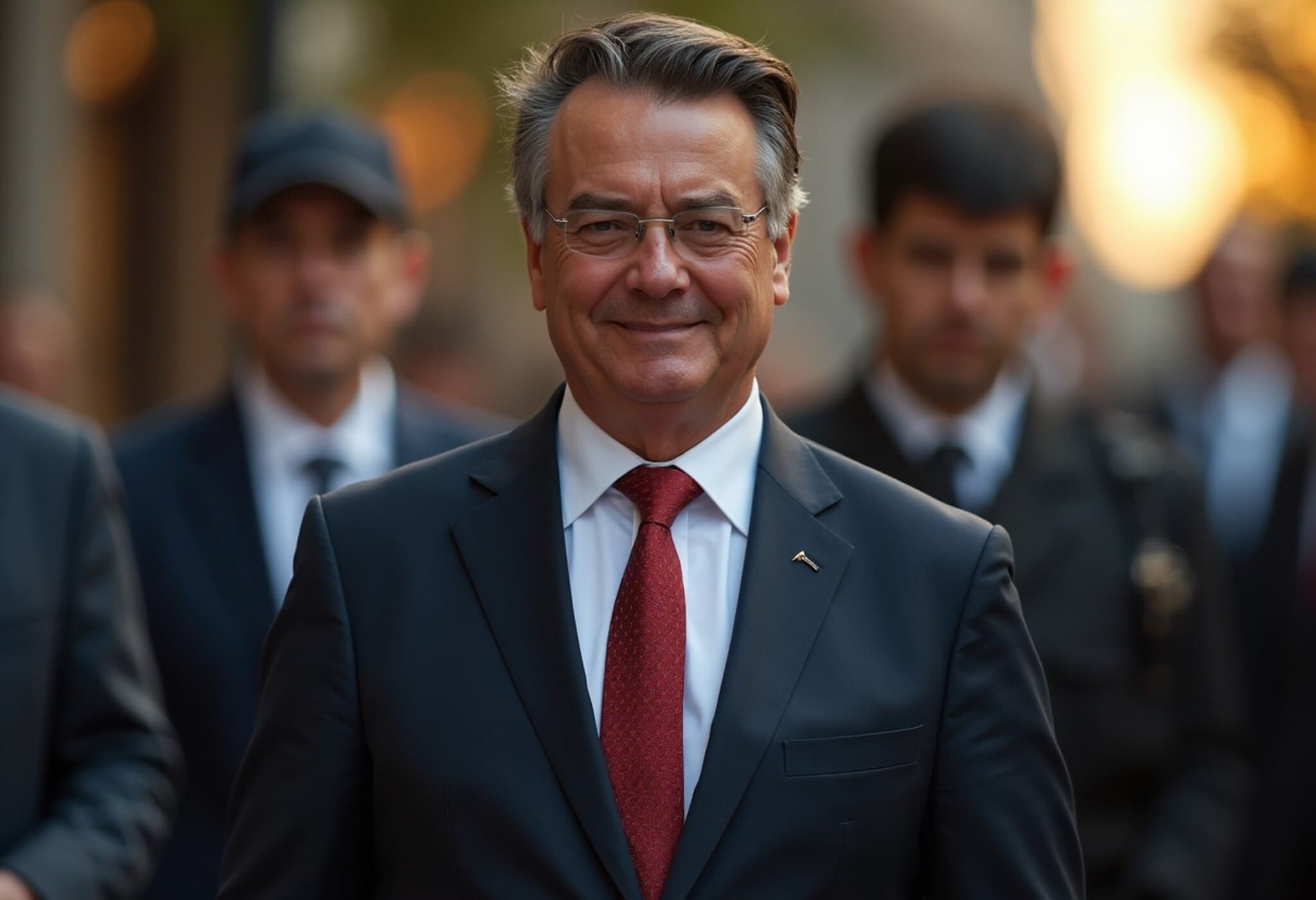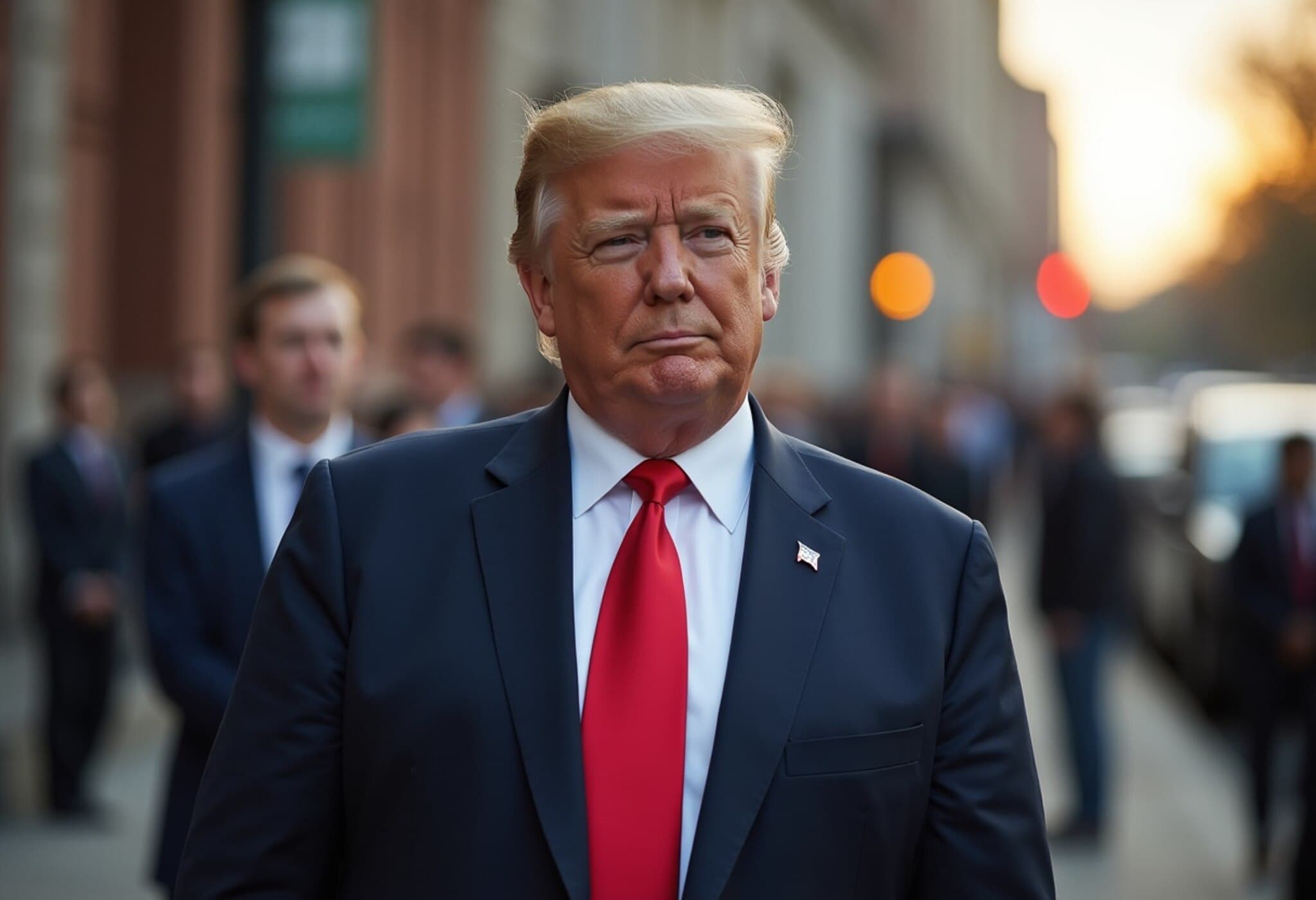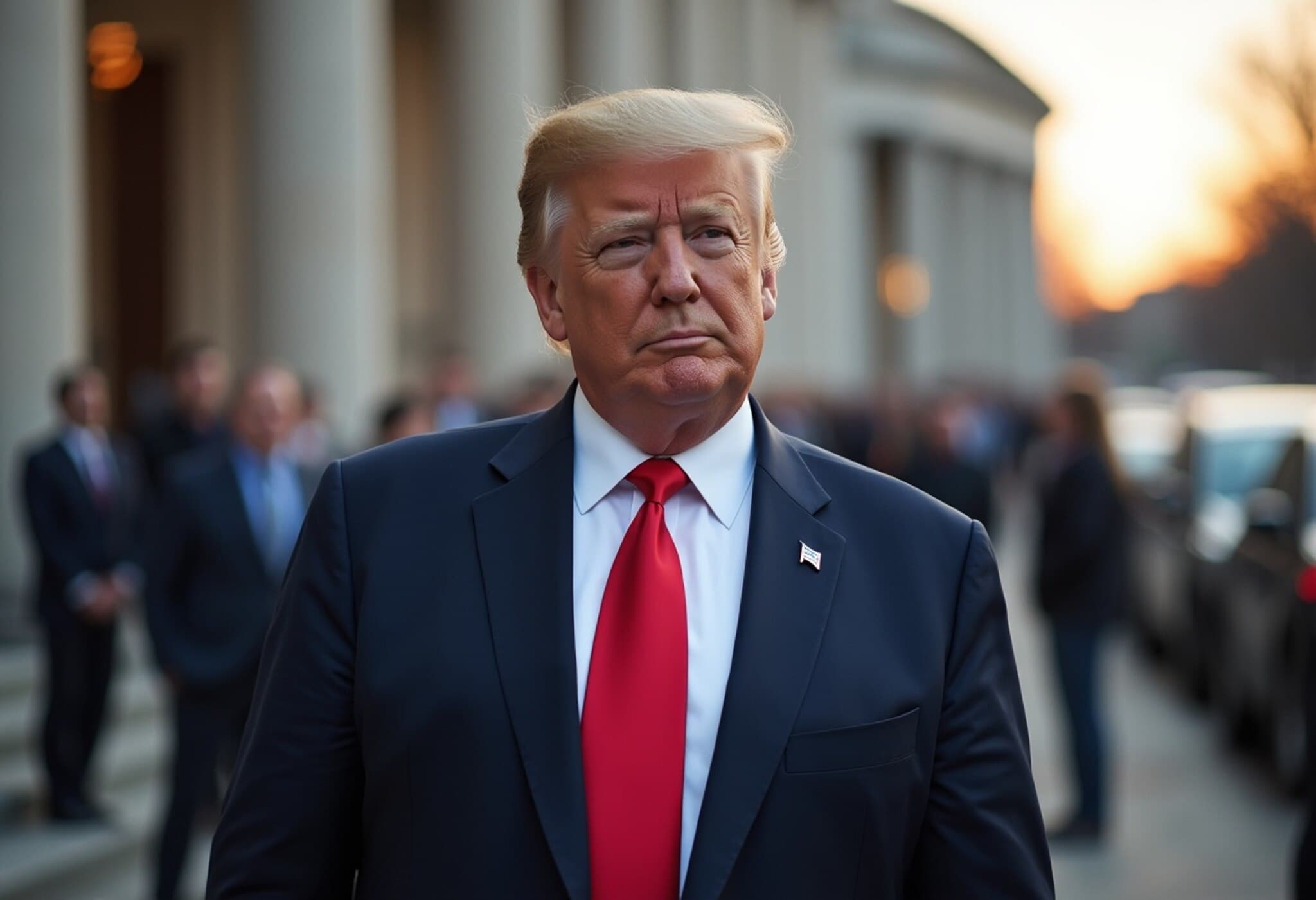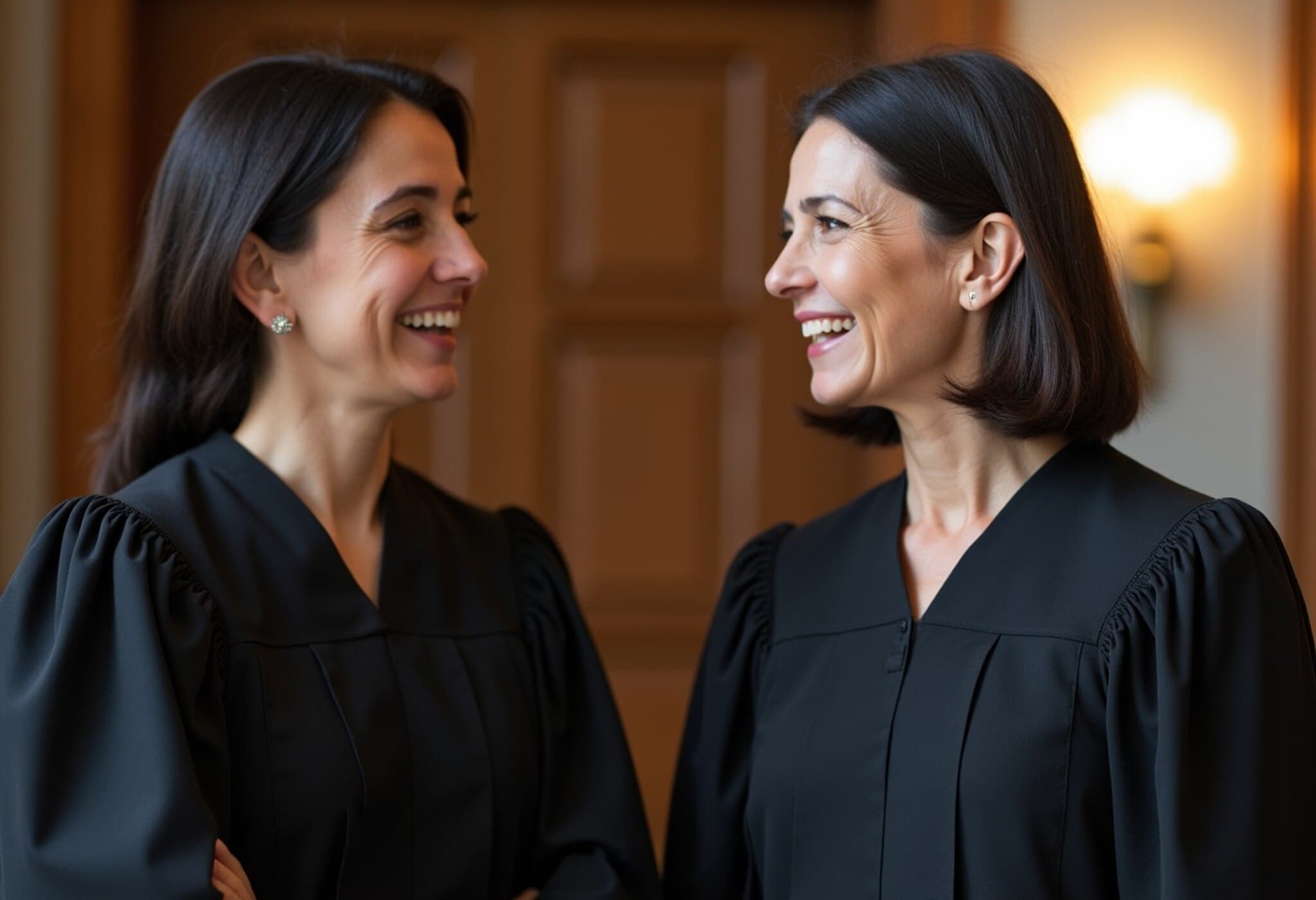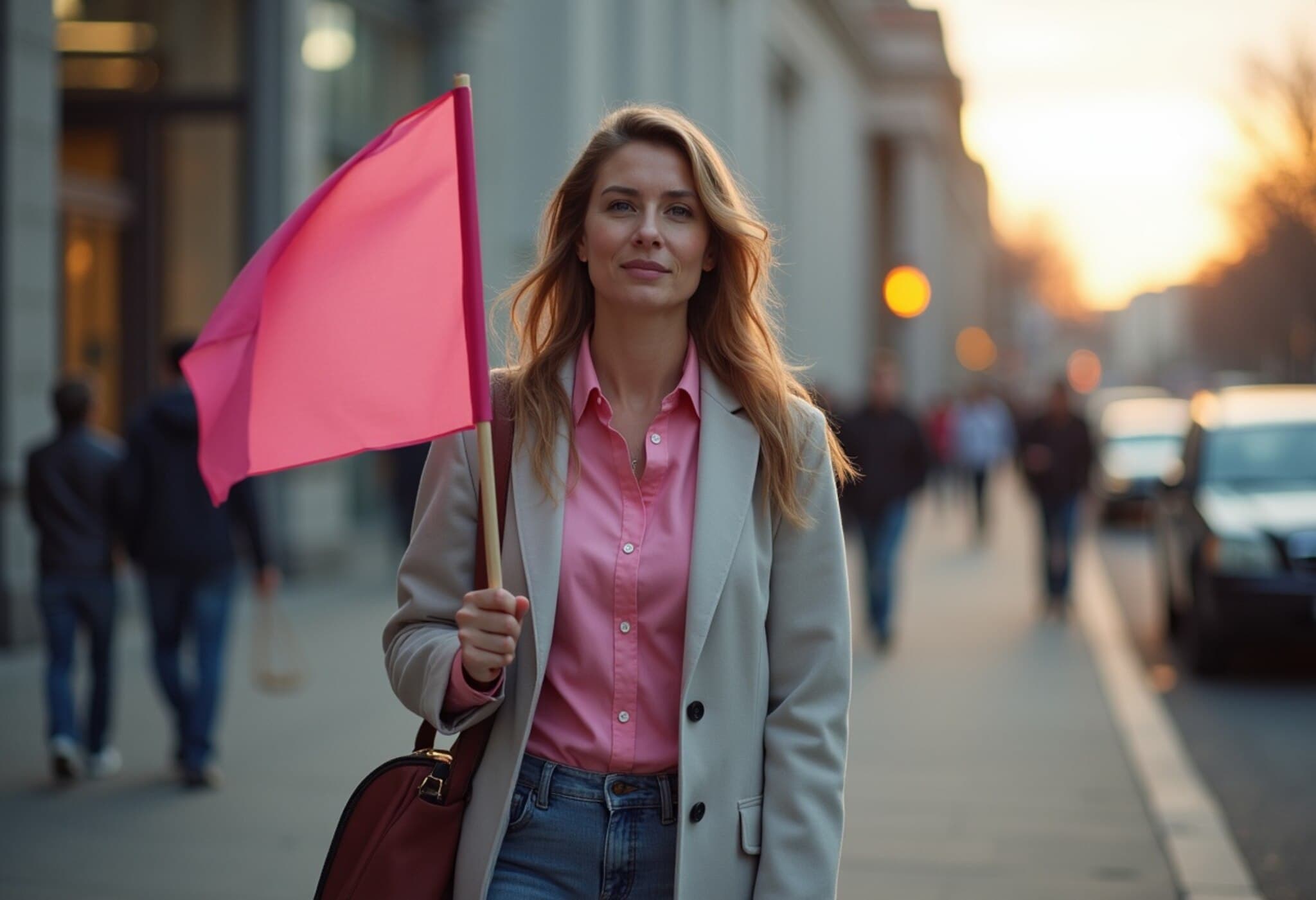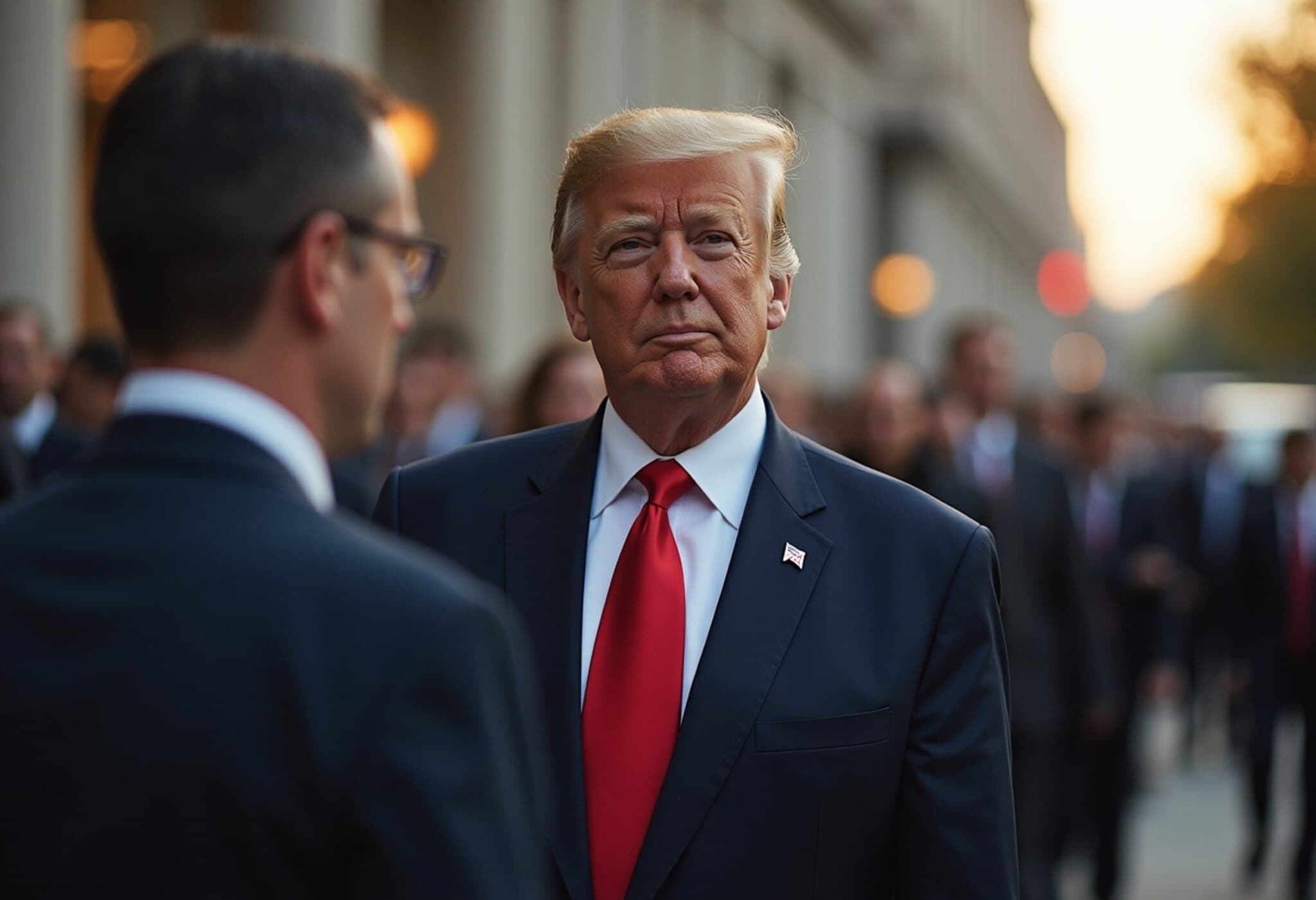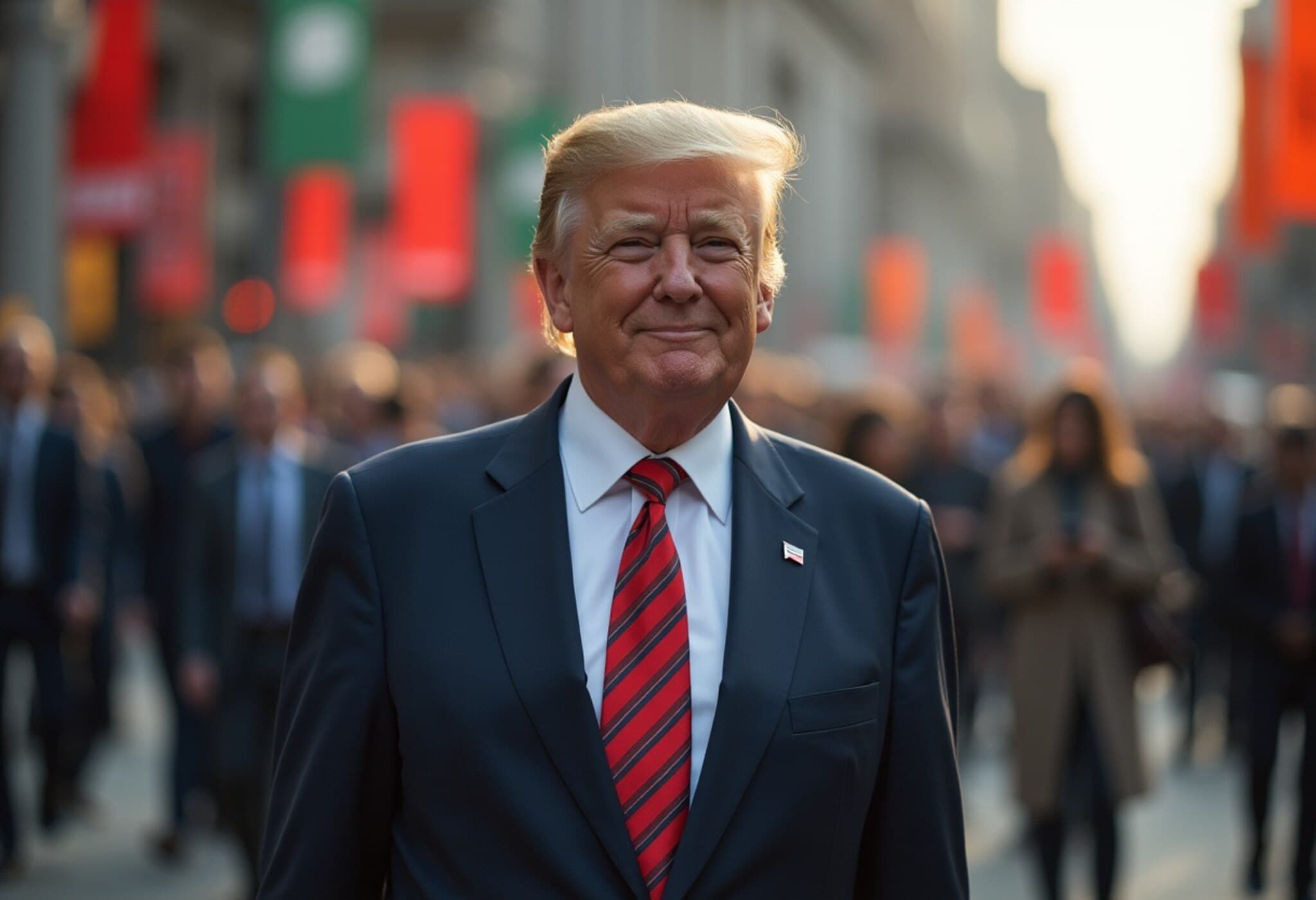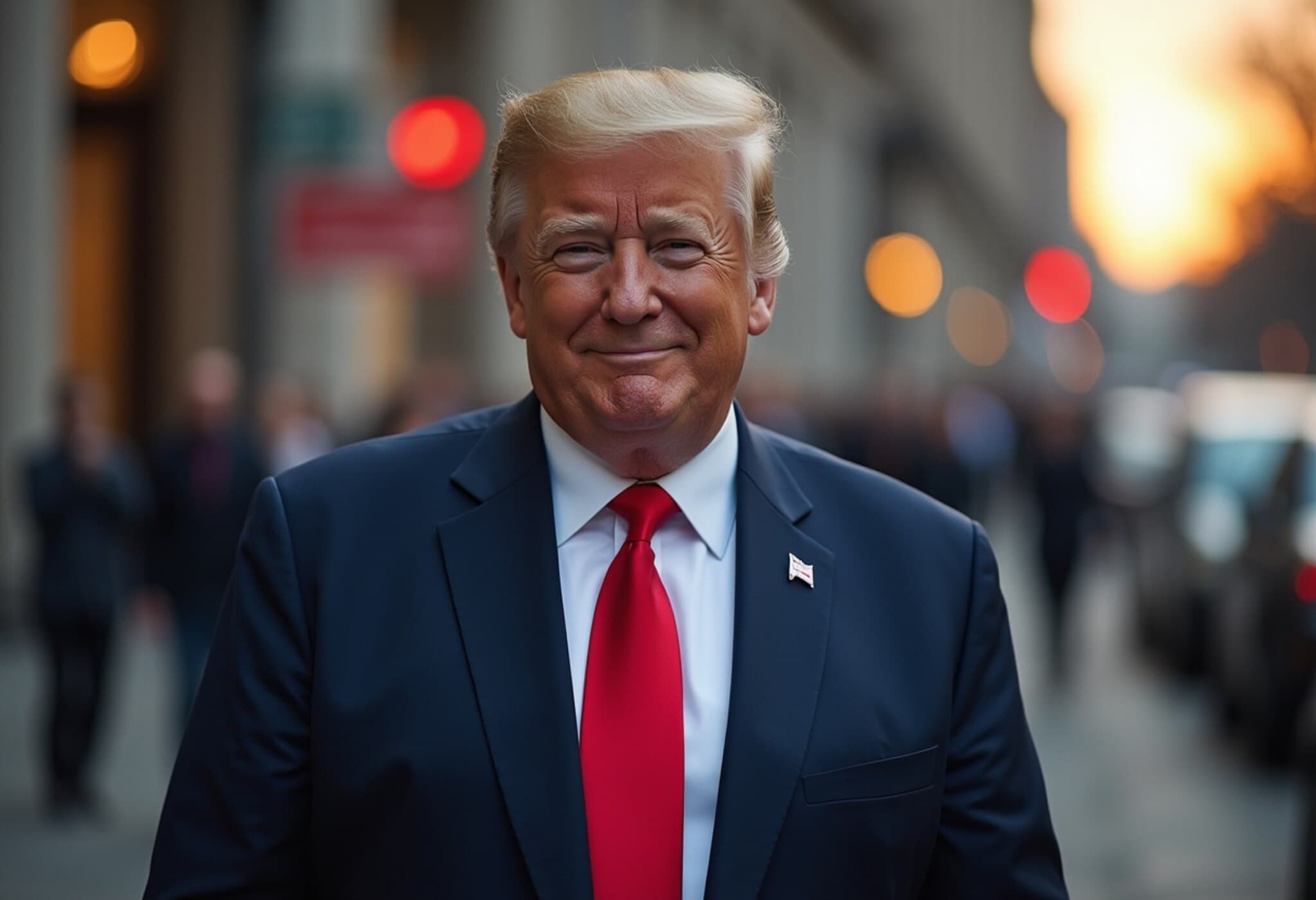Supreme Court Declares 2022 Emergency in Sri Lanka Unconstitutional
In a landmark decision on July 23, 2025, Sri Lanka's Supreme Court ruled that the declaration of a state of emergency in July 2022, intended to quell widespread public protests, infringed upon fundamental constitutional rights. This verdict marks a significant moment in the nation's ongoing struggle to balance state authority and civil liberties amid deep economic turmoil.
Background: The Emergency and Political Turmoil
The emergency proclamation was instated on July 18, 2022, by then-acting President Ranil Wickremesinghe. The order authorized the government to forcibly remove demonstrators occupying the presidential secretariat's entry gate — a flashpoint in months of persistent protests sparked by severe shortages of fuel and essential goods linked to an unprecedented economic crisis.
Earlier that year, Sri Lanka faced its first sovereign default since independence in 1948, primarily caused by a crippling foreign exchange shortage. As citizens endured long queues for basic necessities, sweeping demonstrations erupted nationwide, reflecting widespread public frustration with the Rajapaksa administration’s handling of the crisis.
In July 2022, amidst escalating unrest, former President Gotabaya Rajapaksa fled the country and resigned, leading to Wickremesinghe, then prime minister, stepping in as acting president.
Legal Challenge: Civil Society Pushes Back
Three civil society organizations promptly filed petitions contesting the emergency declaration, asserting it unjustly curtailed constitutional rights — including freedoms of assembly and expression. Petitioners argued the emergency was proclaimed without adequate justification and served primarily to silence political dissent rather than uphold public safety.
Supreme Court Ruling: Upholding Fundamental Rights
A three-judge bench heard these petitions and ruled in a 2-1 decision that the emergency proclamation was unconstitutional. The court determined the government's actions violated Sri Lankans’ basic rights, emphasizing the need for proportionality and transparency when invoking extraordinary powers.
In addition to invalidating the emergency order, the court directed the state to cover legal fees incurred by the petitioners — a symbolic reaffirmation of protection for democratic activism.
Regional and Global Implications
This verdict holds broader significance, reminding governments worldwide of the delicate balance between maintaining order and respecting civil liberties during crises. It also underscores the vital role judicial independence plays in safeguarding democracy, especially amid economic and political instability.
For Sri Lanka, the ruling is a crucial step in restoring public trust and ensuring that future responses to crises comply with constitutional safeguards rather than harsh suppression.
Expert Commentary
According to Dr. Anjali Perera, a legal scholar specializing in constitutional law, "This decision sends a powerful message that emergency powers should not become tools for authoritarian control. It reinforces the judiciary’s commitment to protecting individual freedoms, even in turbulent times."
International human rights organizations have also welcomed the ruling, encouraging Sri Lanka to strengthen democratic institutions and prioritize transparent governance moving forward.
Looking Ahead: Questions for Sri Lanka’s Democracy
- How will the government ensure emergency powers are used responsibly, respecting constitutional limits?
- What mechanisms can be implemented to prevent misuse of state authority during future crises?
- How might this ruling influence other nations facing similar pressures from civil unrest and economic hardship?
Editor's Note
The Supreme Court’s ruling resonates beyond Sri Lanka’s borders as a poignant reminder of the vital need to uphold constitutional rights even under duress. While governments confront complex challenges of governance during crises, this decision highlights the enduring strength of judicial oversight and civic activism in preserving democratic norms. As Sri Lankans reflect on this milestone moment, it is crucial to envision a future where economic recovery and human rights progress hand-in-hand.
-- End of Article --



